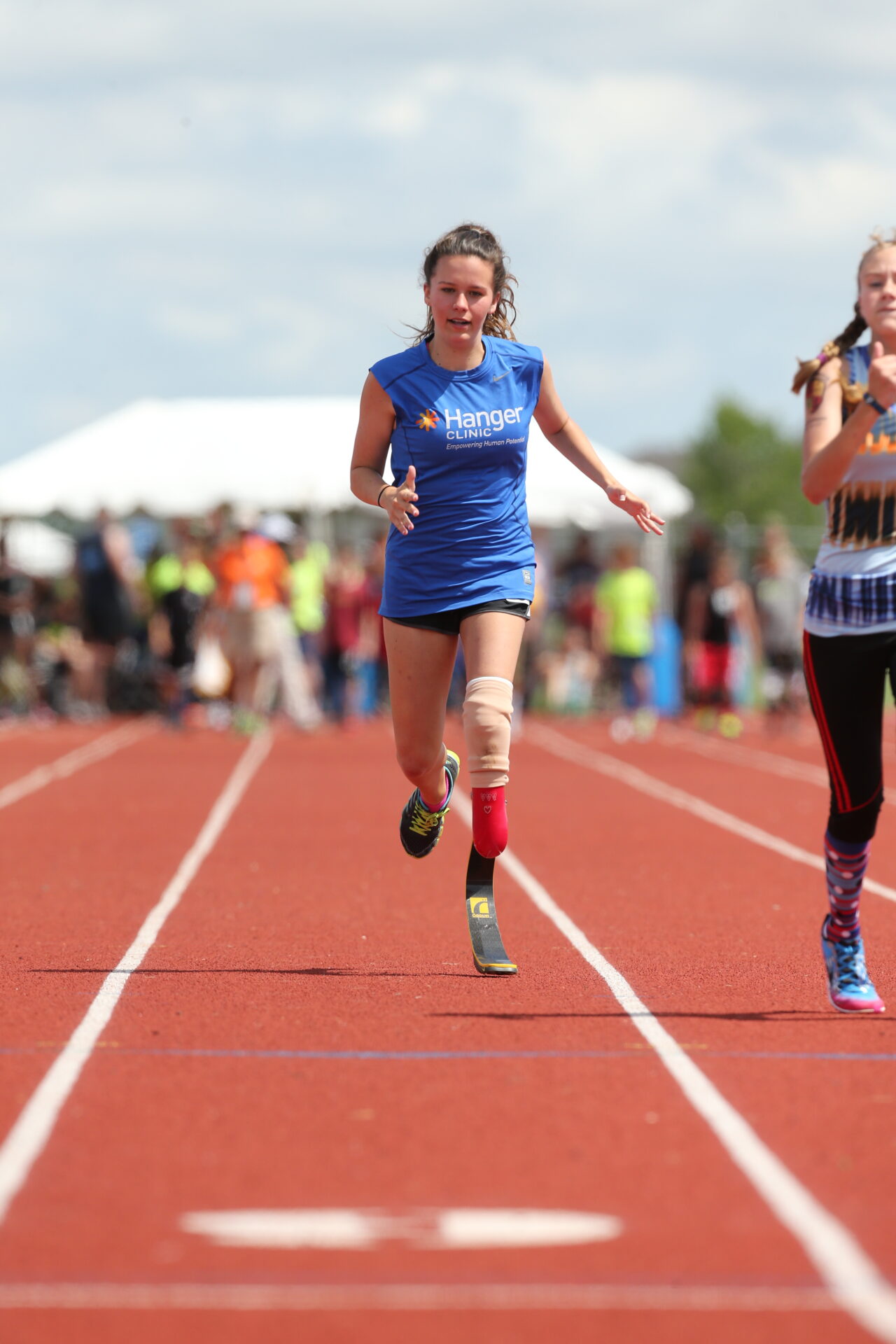Arkansas Orthotic and Prosthetic Legislation
Arkansas Passes Legislation Supporting Coverage of Prostheses for Physical Activity and Showering or Bathing
No single prosthesis can replace the vast array of fundamental human movements lost from amputation, disease, or disorder. That’s why you may need specialized prostheses designed for activities beyond just standing and walking. These specialized devices can help with movements like running, hopping, skipping, twisting, kneeling, jumping, swimming, dancing, biking, and more. They provide stability, prevent damage, and minimize injury to both your body and the device.
Arkansas Legislative Activity
In 2023, Arkansas passed a law (HB1252) that requires fully insured commercial health plans to provide coverage for prosthetic care to people who need technology for sports or recreational activities. Here’s what you need to know:
- Coverage for Active Lifestyles: The law mandates that insurance companies provide coverage for prosthetic care that is medically necessary to perform athletics and recreation.
- Athletics and Recreation Defined: This law specifically outlines athletics and recreation as requiring the ability or potential for prosthesis ambulation that exceeds basic ambulation skills, exhibiting high impact, stress, or energy levels.
- Prosthesis Types: This includes coverage for prostheses meeting the description of a blade-type foot designed for running and other high activity or high-impact activities, upper limb prostheses for athletics and recreation, as well as prostheses deemed medically necessary for showering and bathing.
- Eligibility Criteria: To qualify for these recreational prostheses, you need to meet certain functional level criteria (K-3 or K-4) as defined by Medicare, as a user who:
- Can engage in high-level activities.
- Can perform activities beyond everyday walking.
- Essential Services and Supplies: Coverage also includes all services and supplies needed to use these prostheses effectively, including replacements when medically necessary.
Supported by So Every BODY Can Move, this law took effect on July 1, 2023.

What does this mean for the citizens of Arkansas?
People of all ages may qualify for coverage. If you currently use a prosthesis but struggle to participate in sports or other kinds of physical activities due to limitations of your daily use device, and you could benefit from the increased physical activity that a specialized prosthesis would provide, reach out to your orthotist or prosthetist to discuss whether you qualify.
Would you benefit from a specialized prosthesis for specific physical activity?
- Do you have trouble performing or participating in certain activities using your current everyday prosthesis, like showering, bathing, or upper limb tasks?
- Are you capable of performing high-impact activities but are limited in the activities you can do without a specialized prosthesis for running or upper limb tasks?
- Could increased physical activity improve your mental or physical health? How so?
- How could exercising or increased physical activity improve your overall quality of life?
- Are there any health concerns that could develop from increasing your physical activity?
Running requires different biomechanics than walking. When running, more push-off energy is generated by the ankle than during walking, and upon heel strike, the vertical impact of running can equal around four times one’s body weight. The good news is that there are prosthetic devices specifically designed for running to maximize shock absorption and energy return while improving stamina and minimizing injury.
Michael Oros, CPO, FAAOPPresident of Hanger Clinic
Request a Free Evaluation
Reach out to your physician, therapist, or orthotist/prosthetist to discuss if an orthosis or prosthesis for physical activity may benefit you.